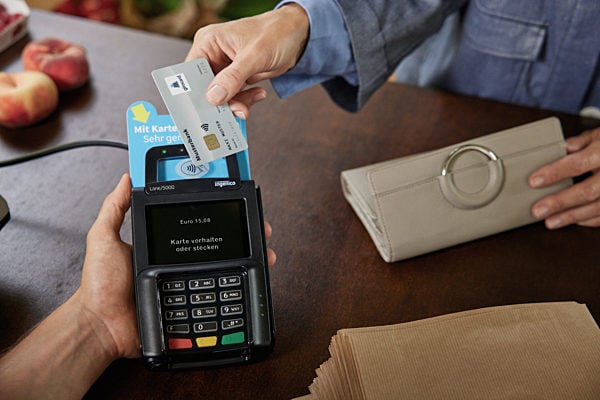Rato, a former Spanish economy minister, has already been sentenced to four years and six months in a separate case for misusing funds when he was the boss of Bankia, and Caja Madrid before that.
In a court filing seen by AFP on Tuesday, Rato is accused along with three other executives of falsifying information about Bankia's financial state to encourage investors to buy into the stock market listing.
READ MORE: Rato goes on trial over bankers' luxury sprees
The bank was bailed out less than a year later in 2012 at the height of the crisis, and tens of thousands of small investors who had converted their savings to shares lost everything.
The near-collapse of Bankia almost brought down Spain's whole financial sector, which was bailed out later that year by international creditors for €41 billion ($46 billion).
Last year, Spain's Supreme Court ruled that “serious inaccuracies” in the information provided by Bankia led investors into error.
As the bank's “main executive,” Rato was “fully aware of the inconsistency of the Bankia project and of its financial weakness” but still gave the green light for the listing, Spain's anti-corruption prosecution office argued.
They called for Rato to be handed a five-year jail sentence once the trial kicks off, and are seeking prison terms ranging from two years and seven months to four years for the three other executives.
But they have asked for charges of falsifying accounts to be dropped against Rato and 32 other executives.
And they also want the case to be dropped against Bankia itself as well as its parent company BFA.
Last year, the bank said it had paid out €1.2 billion in compensation to 190,000 small investors who bought into the failed listing, but added it still had about 30,000 pending claims to settle.



 Please whitelist us to continue reading.
Please whitelist us to continue reading.